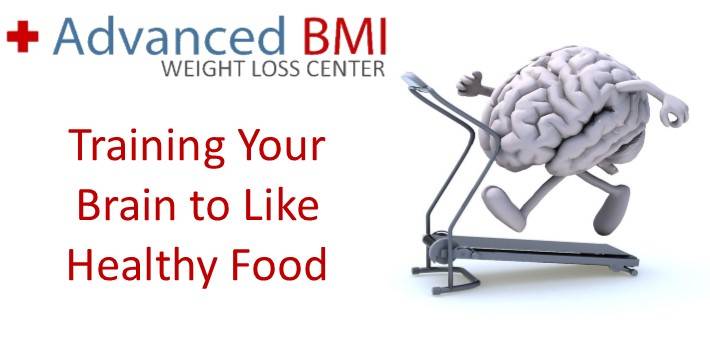Summary: New research suggests that the reason why unhealthy food is more appealing is not necessarily because it is more delicious, but because for a long time we are used to indulge in these foods.
This is great news because it means that our brains are trained to prefer certain foods over others, and so we can train ourselves, in the same fashion, to steer away from the unhealthy and to make healthy choices.
Can we train our brains to prefer healthy foods rather than unhealthy ones?
Perhaps the most difficult thing about going on a diet is resisting temptation. Everywhere we look, we are surrounded by delicious food, whether it is in advertisements, in supermarkets, or on our dinner tables. Given the choice, we will always go for the bag of chips or the chocolate cake instead of the apple. However, new research suggests that the reason why unhealthy food is more appealing is not necessarily because it is more delicious, but because for a long time we are used to indulge in these foods. This is great news because it means that our brains are trained to prefer certain foods over others, and so we can train ourselves, in the same fashion, to steer away from the unhealthy and to make healthy choices.
To test this theory, a group of scientists and researchers conducted an experiment on 13 obese and overweight individuals. The purpose was to study the reward system of the brain. The participants were split into two groups: one group followed a weight loss program designed by the researchers, while the other was being supervised, but not following the program.
All the participants underwent an MRI scan of the brain before the start of the experiment and six months later. This was done to observe the reward center in the brain that is associated with addiction (in this case, the addiction was to unhealthy foods as a reward).
Upon comparing the MRI scans, the researchers found that those who were following the weight loss program had, after six months, a decreased desire for unhealthy foods and an increased inclination towards healthier foods, while those who did not participate in the program did not exhibit any change.
Although this is still a preliminary study with a relatively small sample, the results are promising. If the brain can indeed be trained to prefer certain foods over others, it could prove to be an extremely effective weight loss method and could reduce, as well as prevent, many obesity-related conditions such as diabetes and cholesterol.









